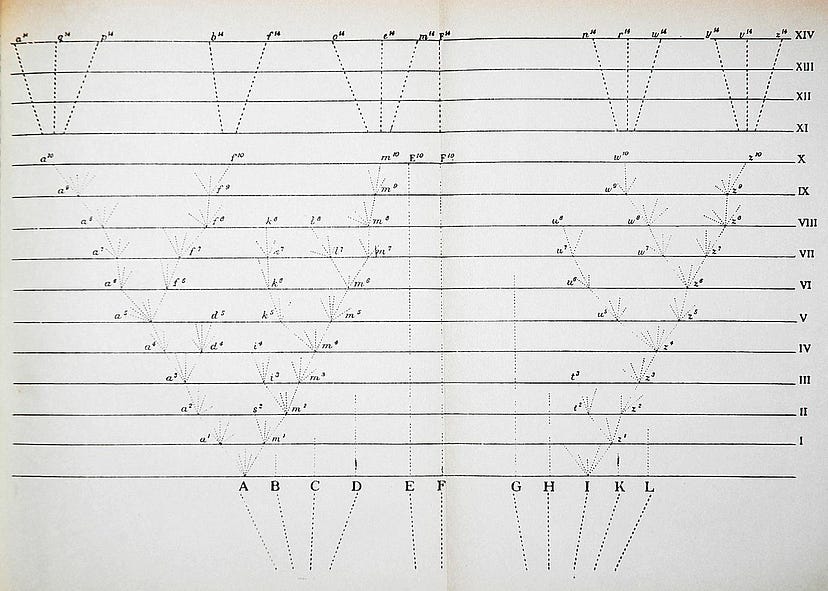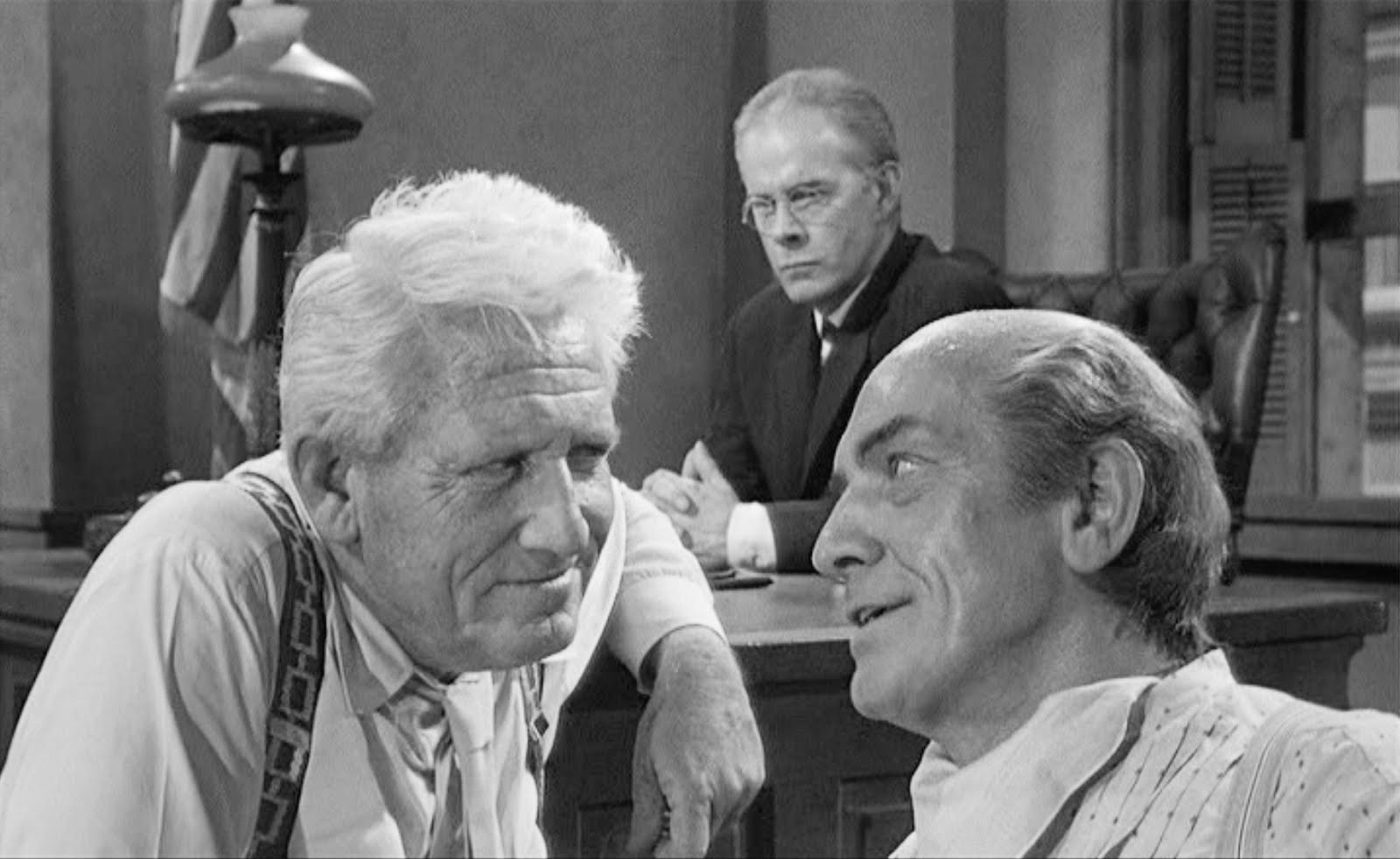One of Darwin's most compelling arguments in favour of evolution by means of natural selection was just how many different, apparently unrelated phenomena it explained. One of these was 'Classification' (what we now call taxonomy).
Darwin argued that, when the taxonomists of his day arranged species into hierarchical groups, those tree-like groupings were best explained by genealogical descent.
Now that biological evolution is accepted as a fact, genealogical descent has become the criterion taxonomists use to place species into hierarchical groups. Ironically, Darwin's explanation of taxonomy means it can no longer be used to justify his theory because modern taxonomy is, in effect, defined by his theory.
The strongest tool we have for identifying genealogical descent in species is modern DNA analysis. This has helped identify many mistakes in former, non-DNA-based taxonomic classifications. But DNA analysis can't be used in all cases… For example, we do not have access to DNA samples of the vast majority of extinct species.


